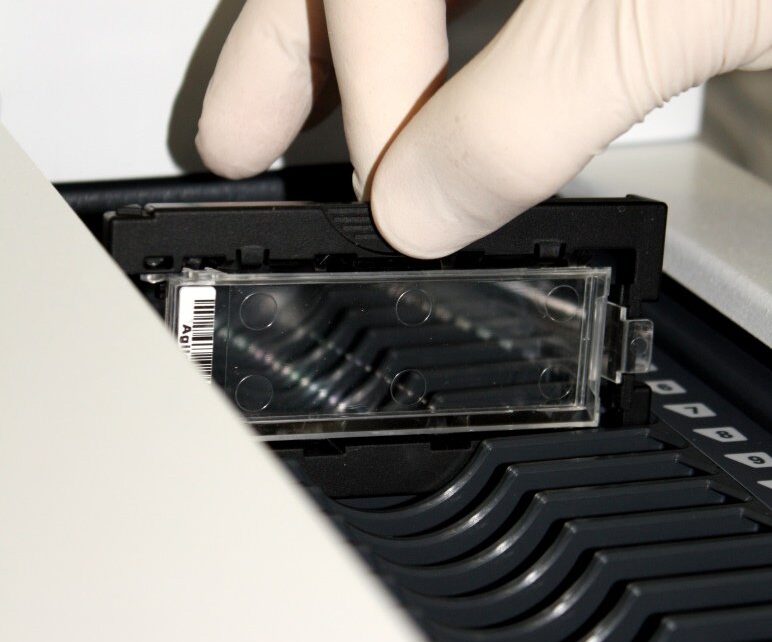
Benefits of PGS/PGT-A/CCS (Complete Chromosome Screening) in Recurrent Miscarriages.
When a couple makes the decision to have a child, whether it is achieved by natural methods or by assisted reproductive techniques (ART), one of their main concerns is that the pregnancy is carried to term and that the child is born healthy. Miscarriage occurs in about 10-15% of pregnancies and is considered a “recurrent miscarriage” when there is a spontaneous loss of two or more pregnancies.
The origin of “recurrent miscarriage” can be immunological, hormonal or uterine, but undoubtedly the most frequent cause is chromosomal, since it occurs in more than 50% of cases.
Embryos with chromosomal abnormalities, i.e. with an excess or defect of genetic material, can lead to three different situations:
- Either they do not implant and do not result in pregnancy.
- Or they initially result in a pregnancy that ends in miscarriage.
- Or they result in the birth of a child affected by a disease due to the chromosomal alteration.
The PGT-A or “Preimplantational genetic test for aneuploidy” makes it possible to detect any change in the number of the embryo chromosomes and to avoid each of the situations described above. PGT-A is the biopsy of one or more cells from each embryo obtained by in vitro fertilization and their chromosomal analysis.
In the event that any of the parents have any alteration in their karyotype, this test is known as PGT-SR “Preimplantational genetic test for structural rearrangements” and would allow the detection of anomalies whose origin is the alteration in the karyotype of the parents as well as any other that may occur.
Currently the technology used in PGT-A/PGT-SR is NGS (Next Generation Sequencing: Massive Sequencing). This technology makes it possible to analyze all the chromosomes of an embryo cell and determine whether or not there is an excess or defect of genetic material.
PGT-A/PGT-SR reduces the miscarriage possibilities and increases the chances of a successful pregnancy in this group of patients, by allowing the transfer of only chromosomally normal embryos.
In order to provide adequate reproductive advice and treatment to couples with this fertility problem, Instituto Bernabeu has a unit specialized in the diagnosis and treatment of “Recurrent Miscarriages” and “Implantation Failure” formed by a multidisciplinary team that studies each case and develops individualized protocols with the aim of achieving a full-term pregnancy and a healthy child at home.
Dr. José A. Ortiz, biochemist at IBBIOTECH, part of the Instituto Bernabeu group.
